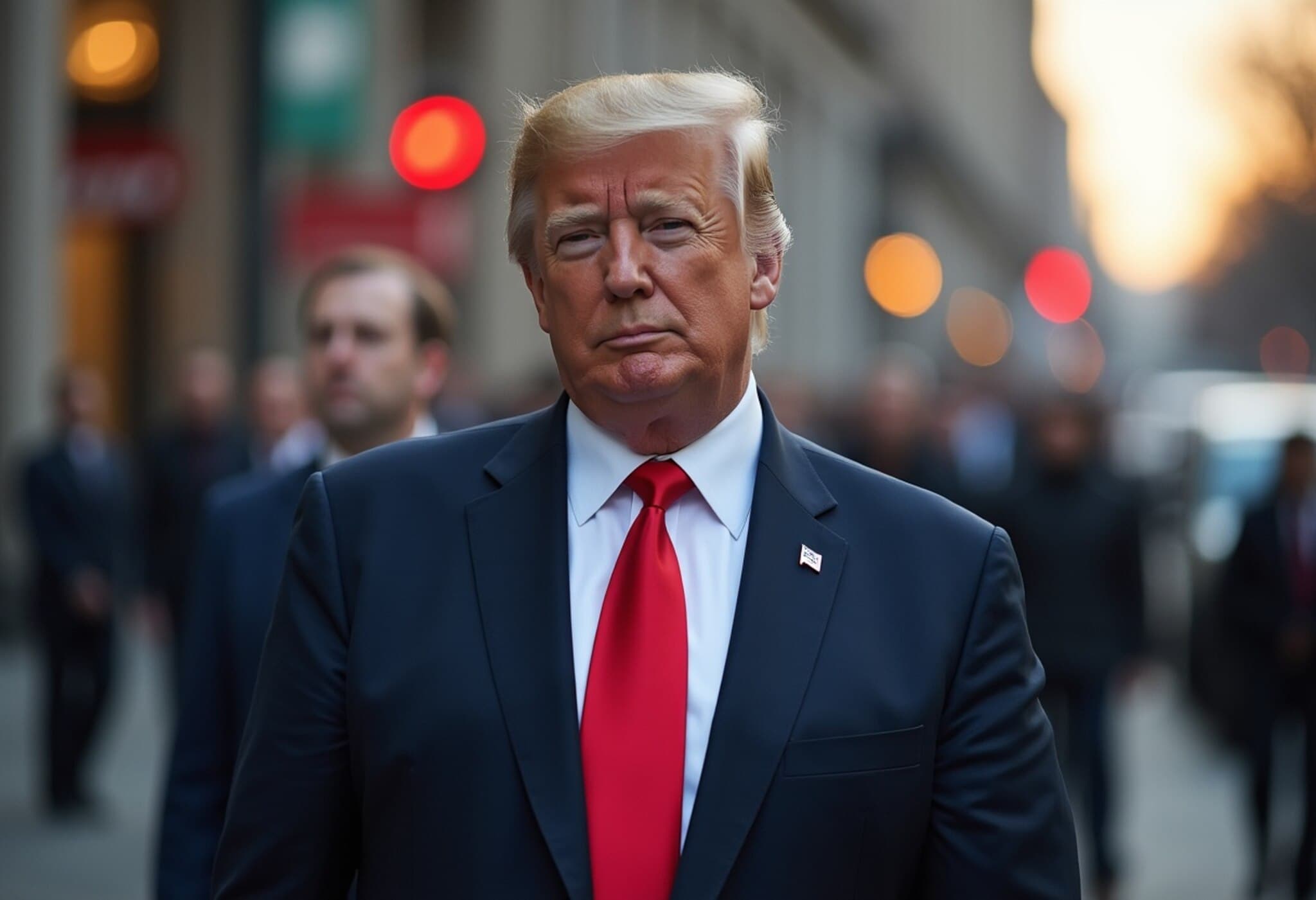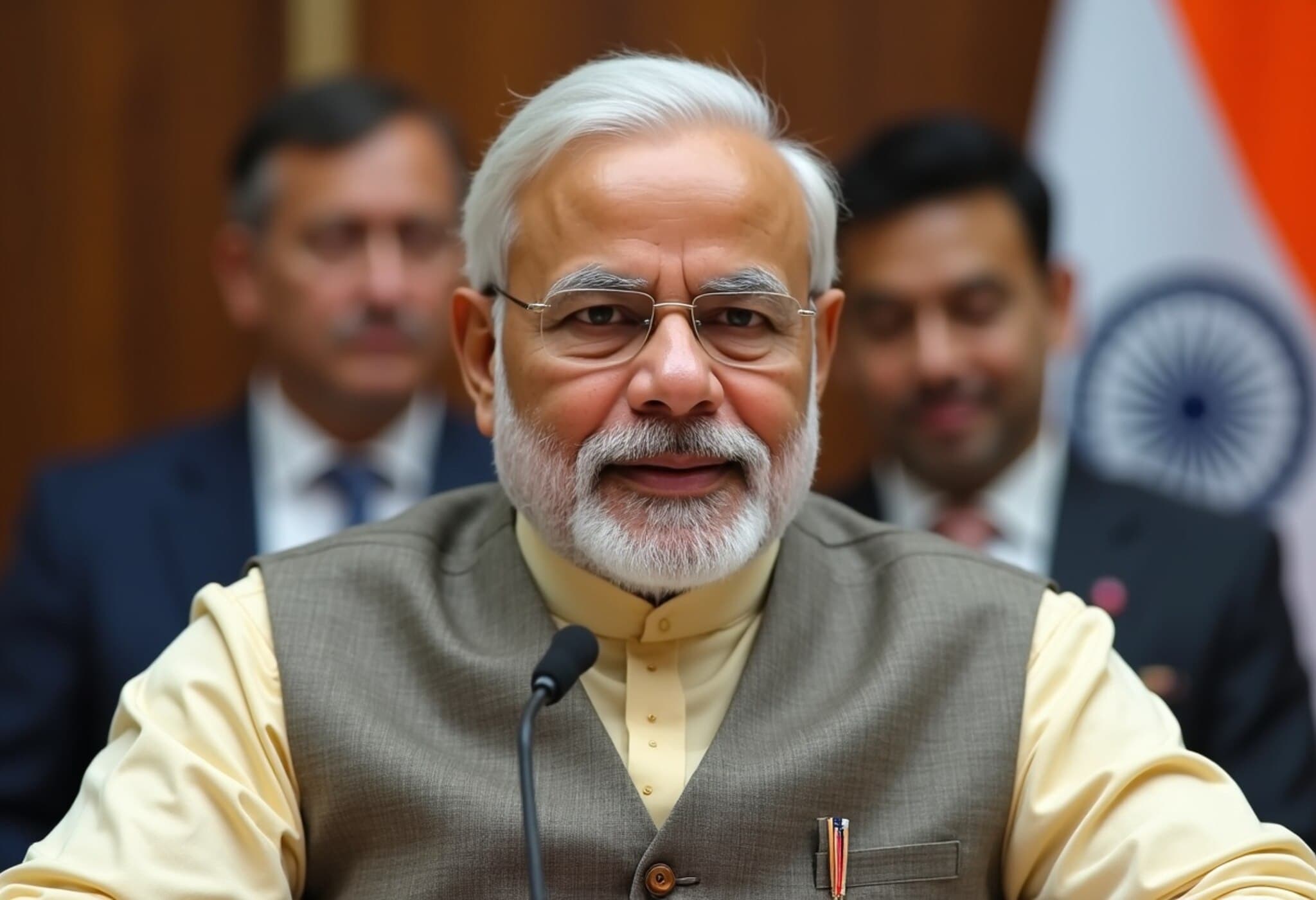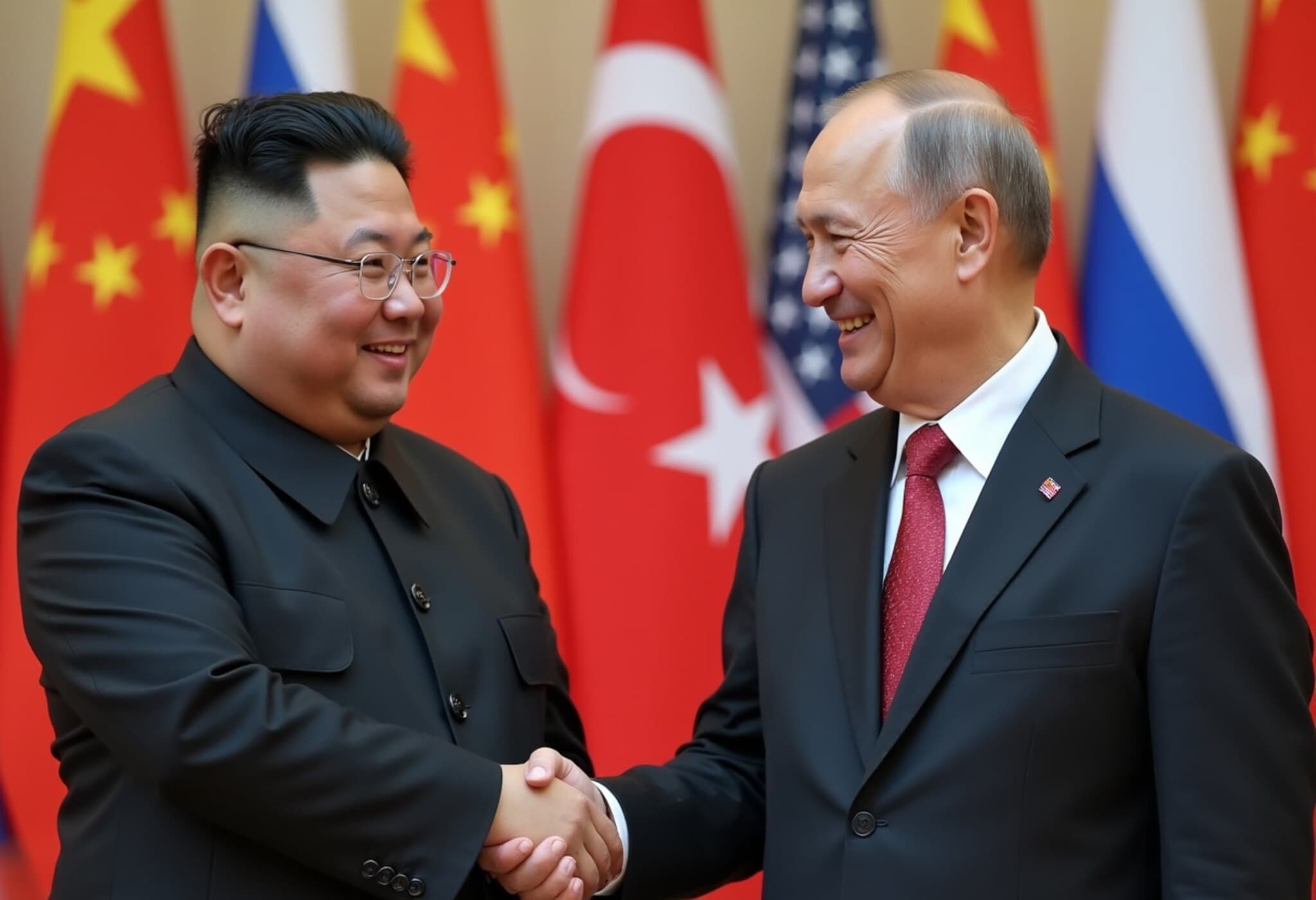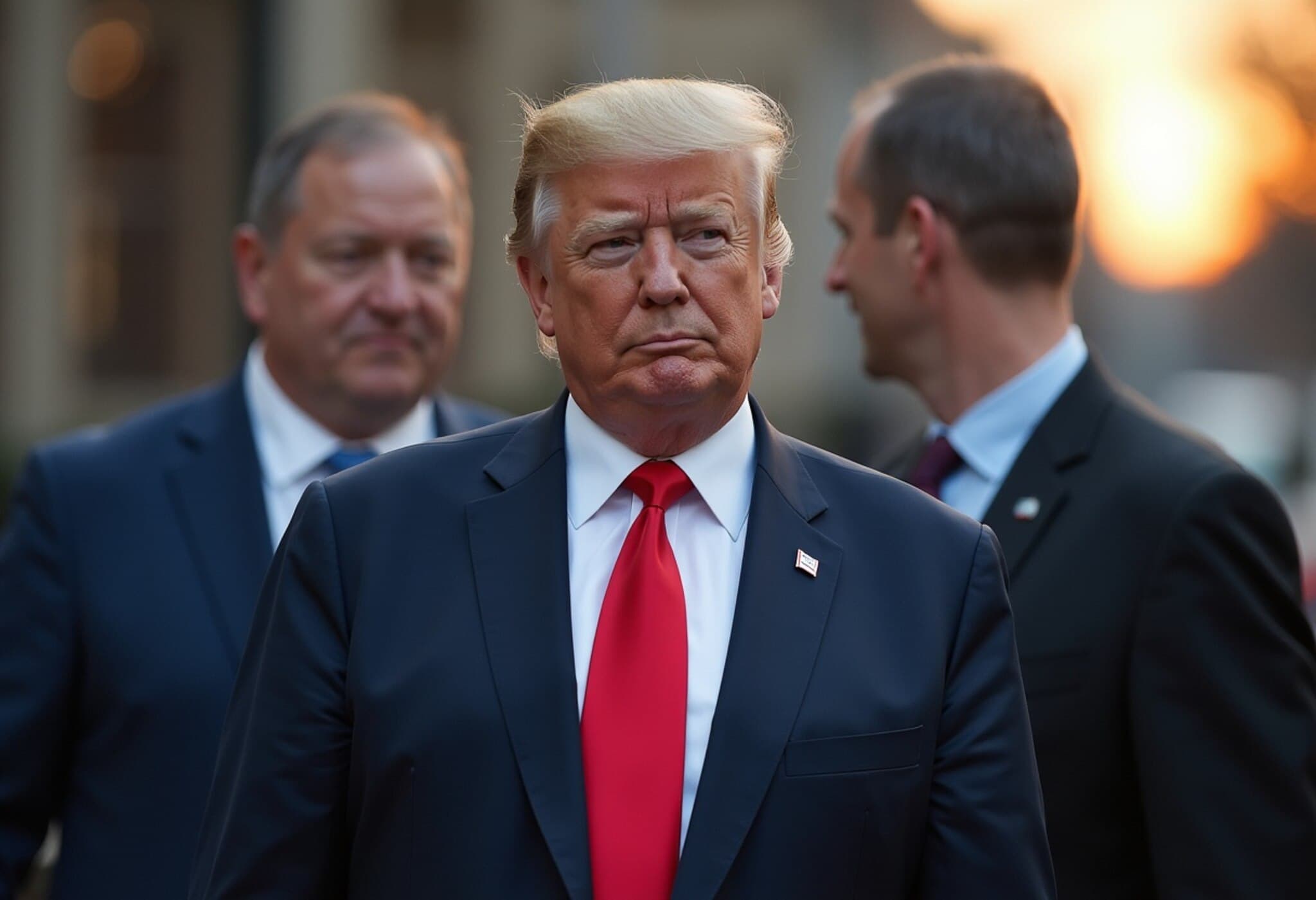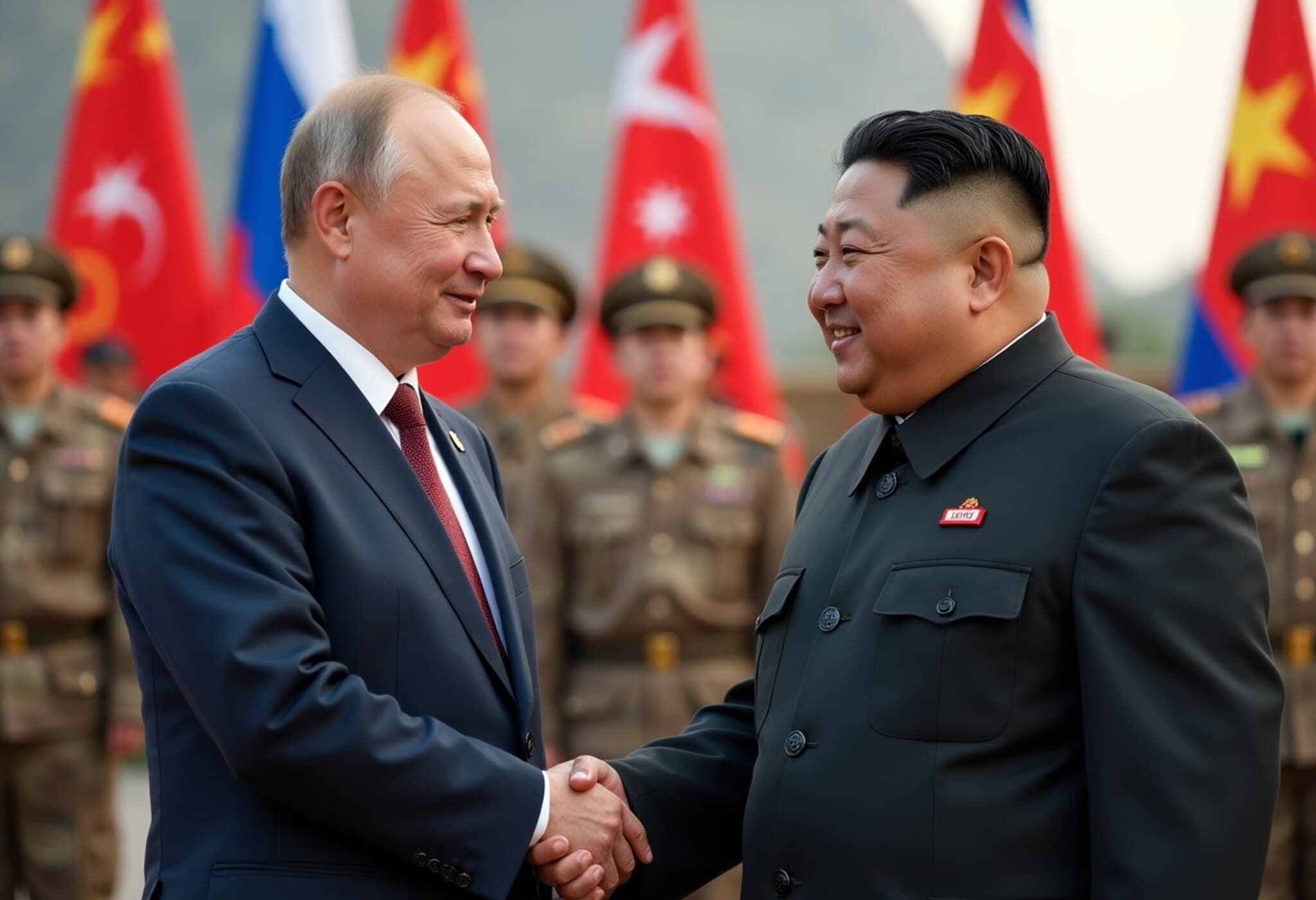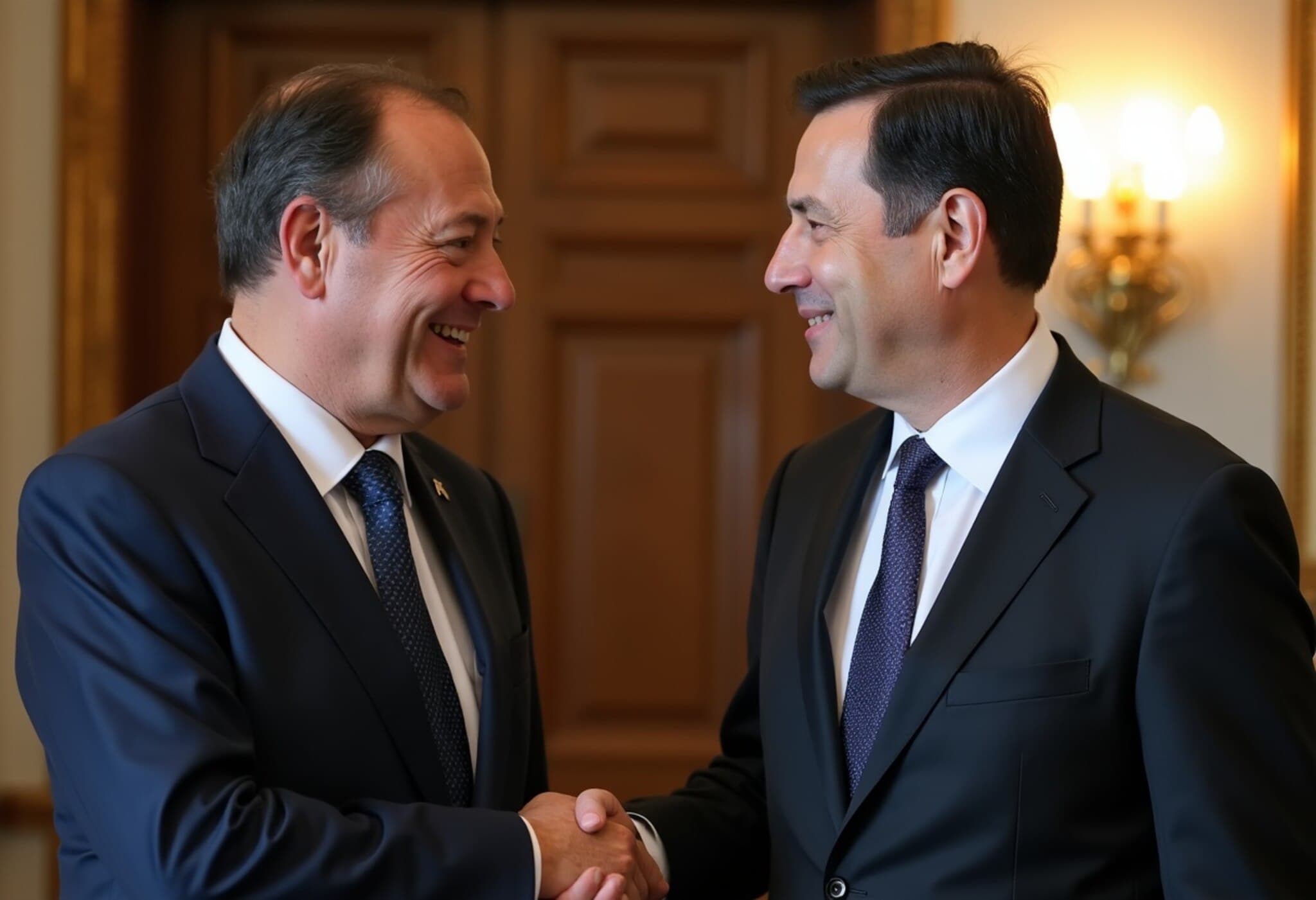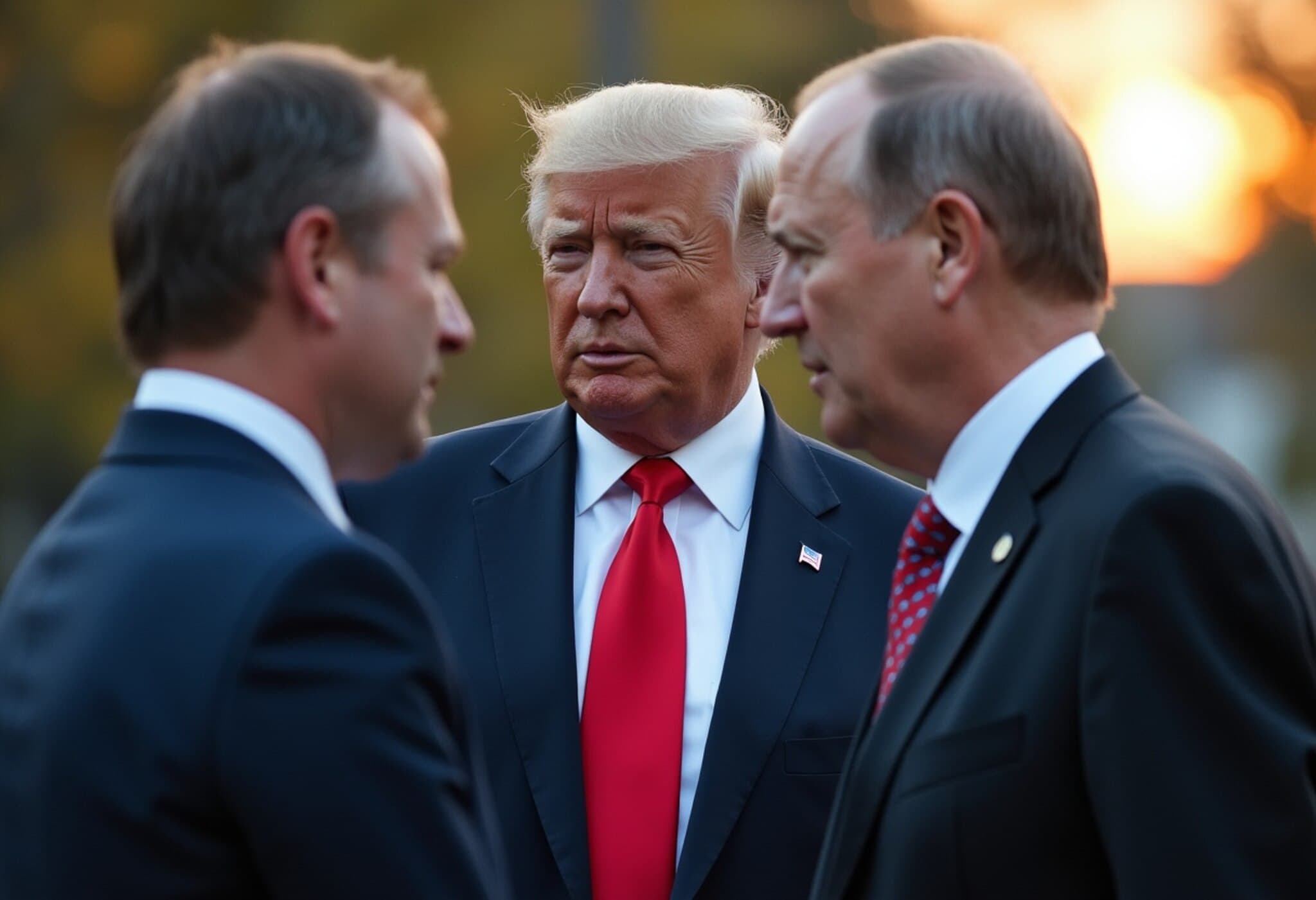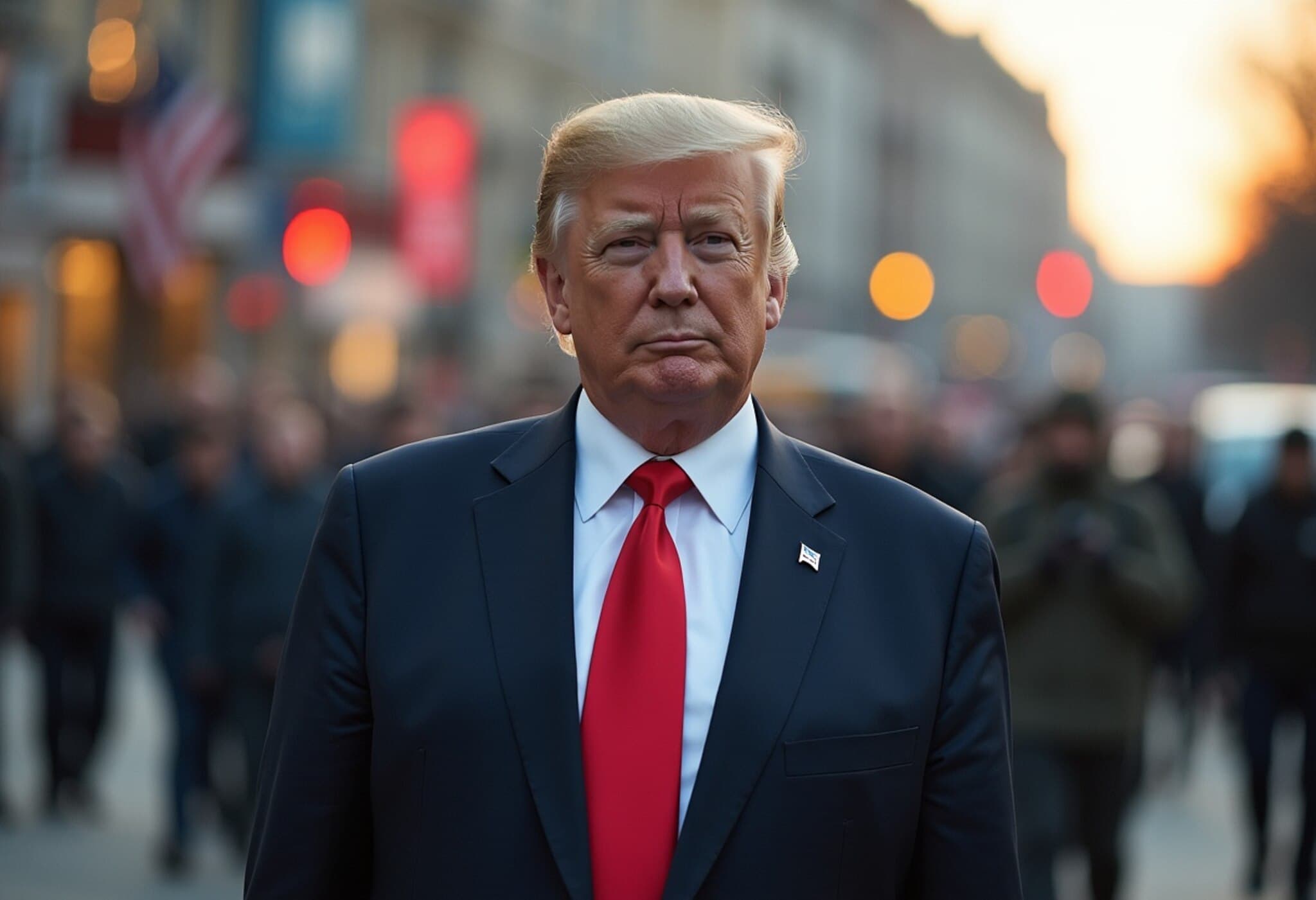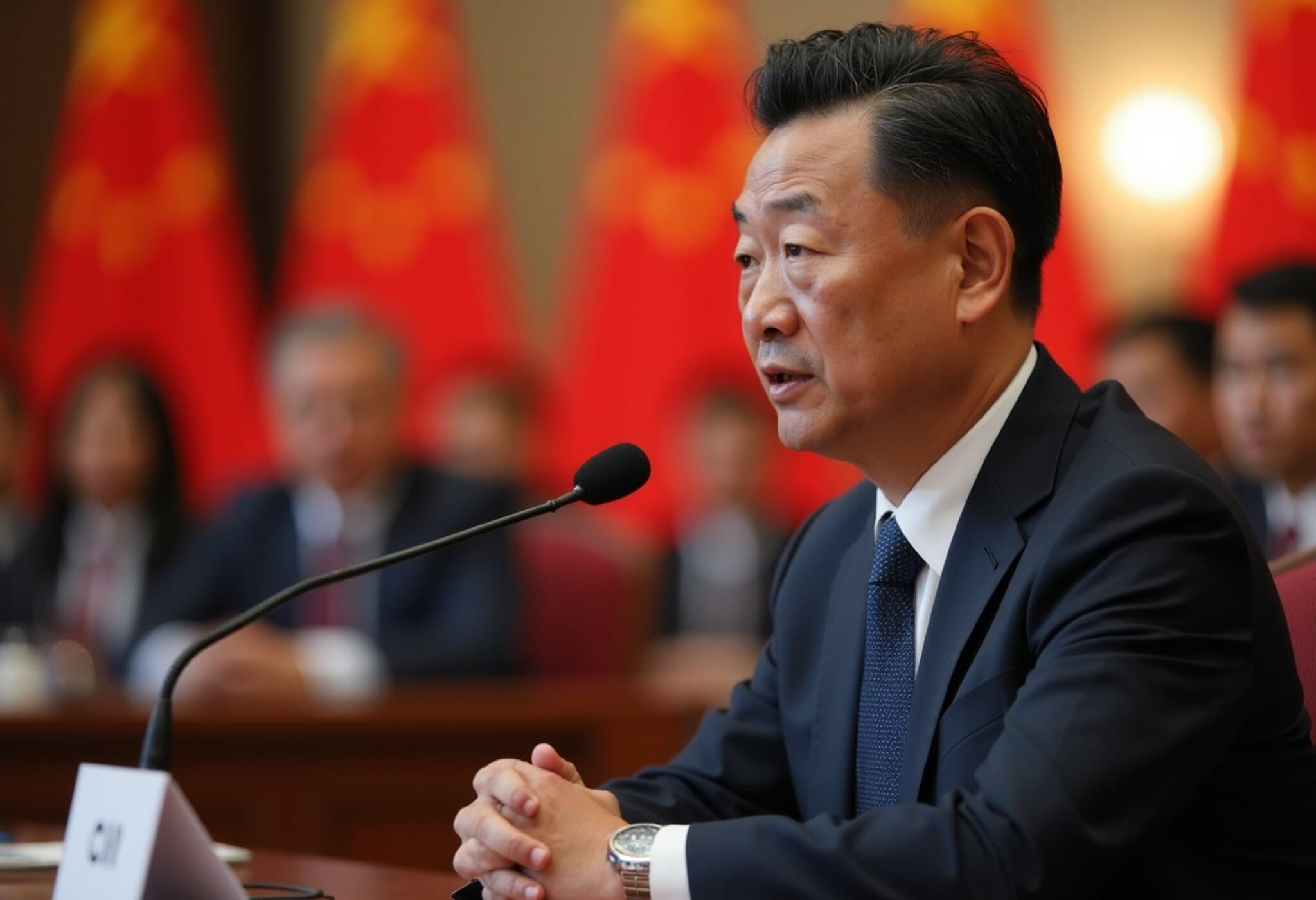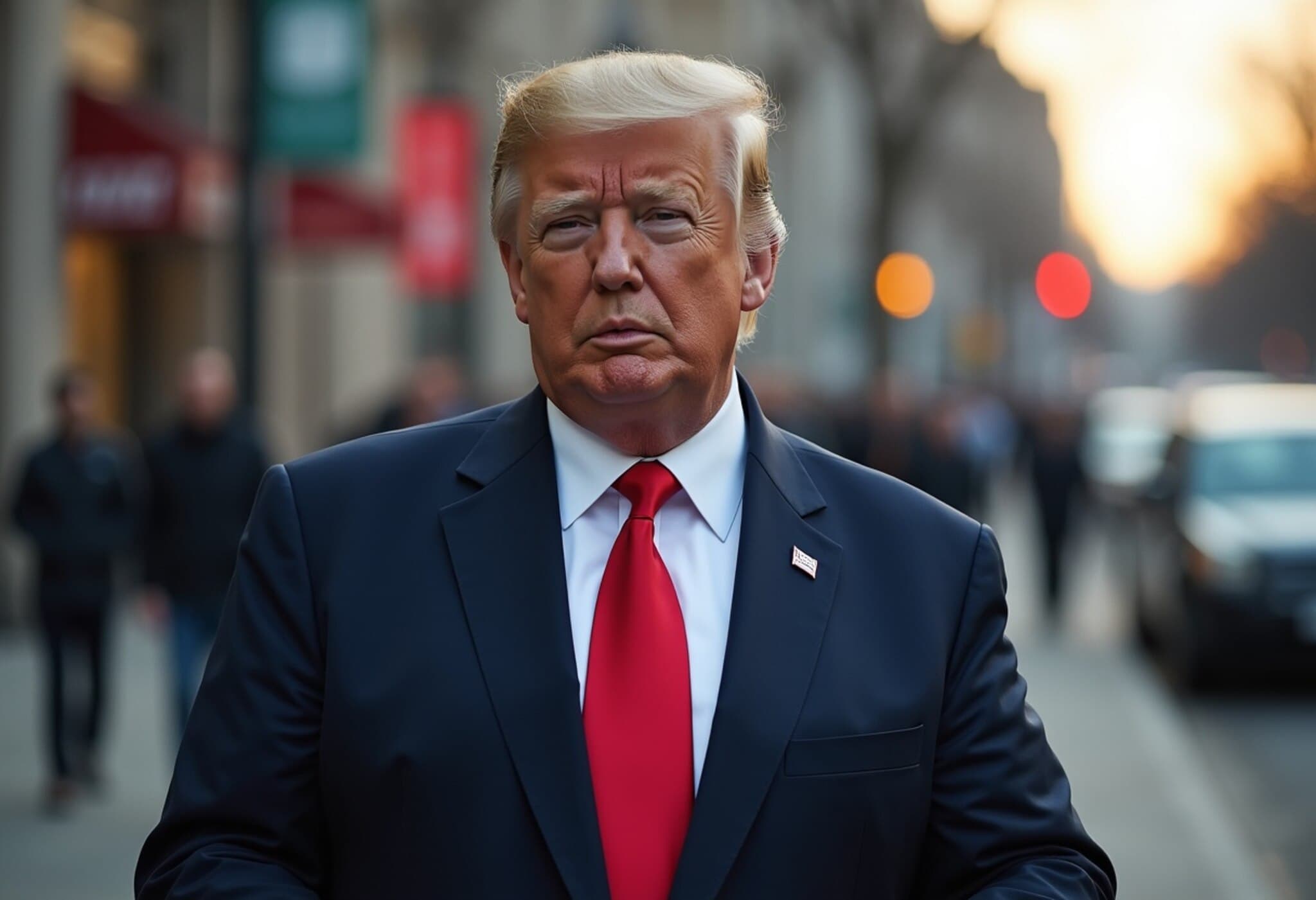Russia Shrugs Off Trump’s New Sanctions Threat as Ineffective
In a striking display of defiance, Russian officials have bluntly dismissed US President Donald Trump’s recent warnings about imposing fresh sanctions. As tensions simmer over Moscow’s ongoing conflict in Ukraine, Kremlin spokespeople have portrayed the threat as ultimately futile — claiming that after years under relentless Western economic pressure, Russia has built a form of “immunity” to such punitive measures.
Sanctions Called a “Rut” by Kremlin Insiders
Kremlin spokesman Dmitry Peskov conveyed a sense of growing resilience within Russia’s economy. “We have been operating under a huge number of restrictions for a long time,” he said in a press briefing. “Therefore, of course, we have already developed a certain immunity in this regard.” This sentiment was echoed by Foreign Ministry spokeswoman Maria Zakharova, who mocked the US approach as painfully repetitive and ultimately self-defeating.
“It seems as if they are constantly stuck in a rut,” Zakharova remarked, implying that Washington and its allies have exhausted their arsenal of economic tools. She argued that sanctions have failed to bend Russia’s trajectory, instead inflicting ripple effects on the economies of sanctioning countries themselves.
Context: The Long Shadow of Sanctions in the US-Russia Conflict
The backdrop to these comments is America’s renewed call for speedier resolution of the more than three-year-long war in Ukraine. President Trump signaled on Tuesday that if Moscow shows no tangible progress toward ending hostilities within ten days, the US will unleash a new round of tariffs and restrictions.
But Russia’s defiance raises critical questions about the effectiveness of sanctions as a foreign policy tool, especially when aimed at a major global power. Analysts suggest that while sanctions have undoubtedly inflicted economic pain on Russia, they have also forced Moscow to develop self-sufficiency strategies, diversify trade partnerships, and strengthen domestic industries.
Economists and Policy Experts Weigh In
- Economic resilience: Dr. Elena Morozova, a Eurasian economic specialist, explains, “Sanctions have led Russia to reorient economically towards Asia and to substitute imports with domestic production, reducing long-term vulnerabilities.”
- Geopolitical implications: Political analyst James Caldwell notes, “When sanctions lose shock value, their diplomatic leverage weakens. This challenges US policymakers to innovate beyond economic coercion.”
- Risks to the West: Economist Sarah Mitchell highlights, “Extended sanction regimes can rebound; energy price fluctuations and trade disruptions hurt consumer markets back home.”
What Lies Ahead for US-Russia Relations?
With Russia seemingly unshaken by another wave of sanctions threats, the US and its allies face a strategic crossroads. Is it time to recalibrate tactics beyond cycles of economic pressure? How might diplomacy or alternative engagements yield more substantive results?
As the conflict in Ukraine continues, these questions underpin a larger conversation about the efficacy and ethics of sanctions in modern international relations.
Editor’s Note
This episode underscores a persistent challenge in geopolitics: the limits of sanctions as a lever of influence. While punitive measures remain a visible tool for expressing international disapproval, they often come with unintended economic consequences and can harden the resolve of targeted nations. For readers, it’s vital to think critically about the complexities behind headlines — the human stories behind sanctions, the domestic impacts within both target and sanctioning countries, and the broader search for peaceful resolution in prolonged conflicts.

